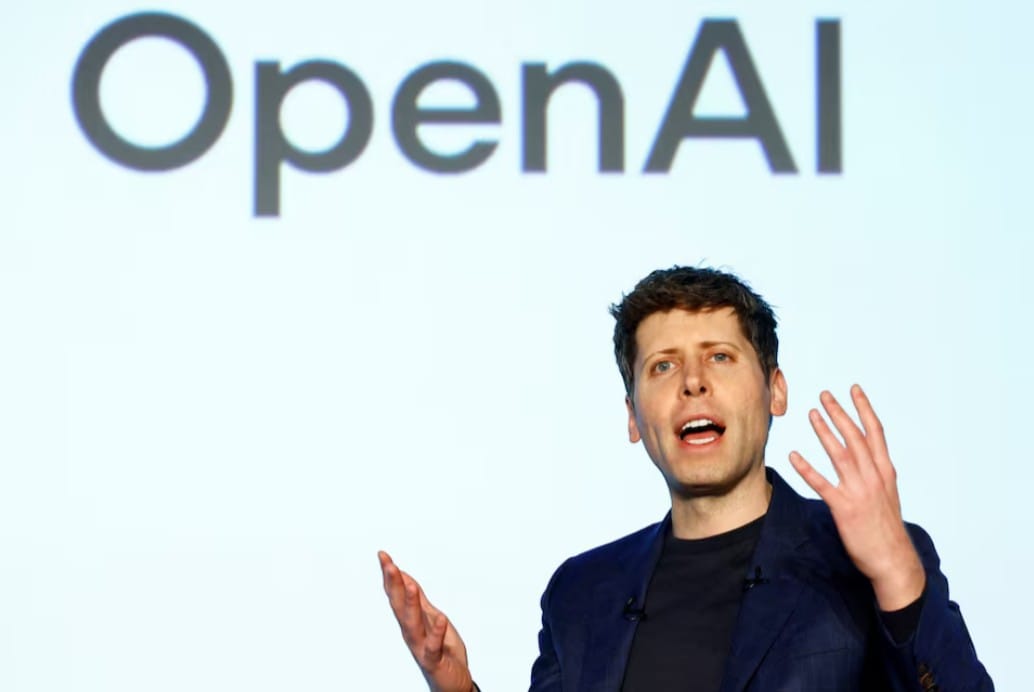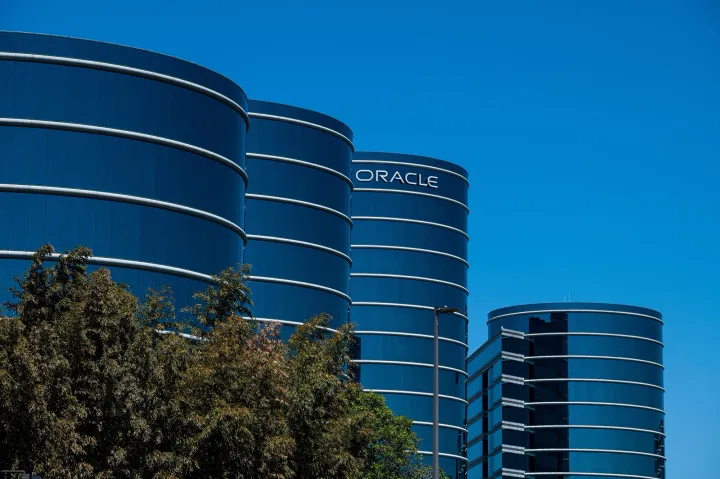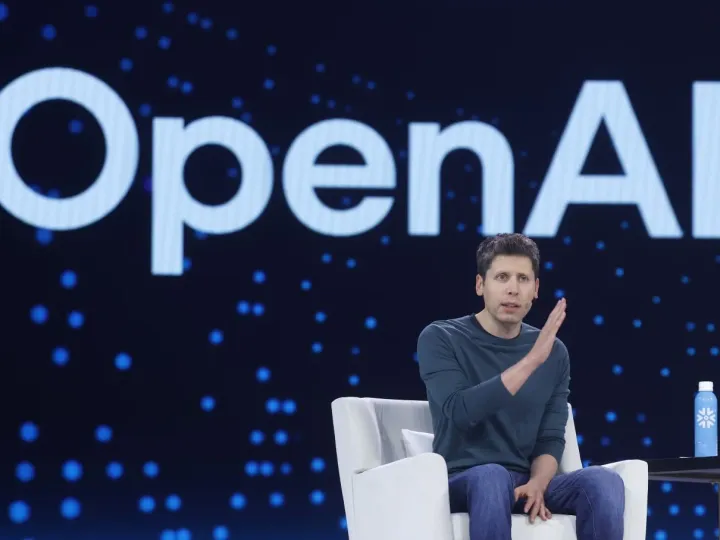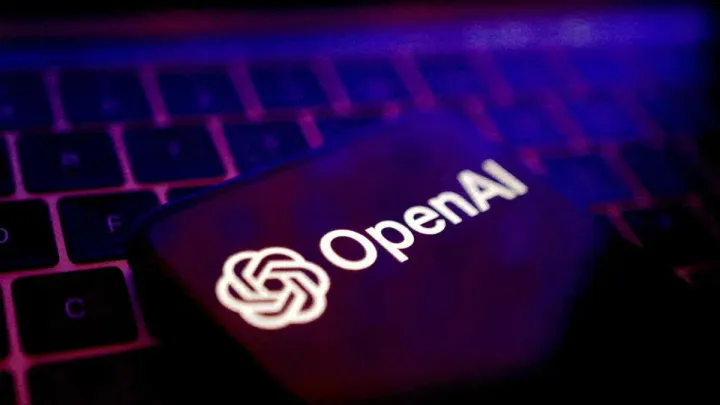OpenAI Rockets to $500B Valuation in $6.6B Share Sale — Overtakes SpaceX as World’s Most Valuable Startup

OpenAI Just Hit a $500 Billion Valuation — Here’s What That Means
OpenAI, the company behind ChatGPT, has just hit a jaw-dropping $500 billion valuation. That’s right — half a trillion dollars. And it happened after current and former employees sold $6.6 billion worth of shares to some of the world’s biggest investors.
This puts OpenAI on the map not just as a tech leader, but as the most valuable startup in the world, overtaking even Elon Musk’s SpaceX.
So, what does this really mean for OpenAI, its employees, and the entire tech world?
Let’s break it down.
From $300 Billion to $500 Billion: The Big Jump
Earlier this year, OpenAI was valued at around $300 billion. Now, just a few months later, that number has surged to $500 billion — a $200 billion leap in valuation, all thanks to a secondary share sale.
This wasn’t a traditional fundraising round where the company raised new capital. Instead, it allowed current and former employees to sell a portion of their shares to private investors. It’s a win-win: employees get liquidity, and investors get a piece of the AI boom.
Who Bought In? The Big Money Players
The share sale attracted a powerhouse group of investors, including:
- Thrive Capital
- SoftBank
- Dragoneer Investment Group
- Abu Dhabi’s MGX
- T. Rowe Price
This shows just how bullish major firms are on the future of OpenAI — and artificial intelligence in general.
Why OpenAI Is So Hot Right Now
Rapid Revenue Growth
OpenAI isn’t just gaining headlines — it’s making serious money. In just the first half of 2025, the company generated around $4.3 billion in revenue. That’s already more than it made during all of 2024.
Analysts say the company is on track to hit $10 to $20 billion in annual revenue by the end of the year if this growth continues.
Dominating AI Infrastructure
OpenAI’s success is largely driven by its widely used products — including ChatGPT, which powers everything from customer support bots to code generation tools.
The company is also deeply embedded in enterprise software and cloud AI platforms, with massive demand from corporations and developers alike.
Talent Magnet
In a world where AI talent is gold, OpenAI is seen as one of the most attractive places to work. It’s attracting top researchers, engineers, and data scientists — and this share sale gives those employees the opportunity to cash in on their hard work.
What Does This Mean for Employees?
One of the main reasons behind this share sale was to give OpenAI’s team a chance to realize the value of their equity — without waiting for an IPO.
This kind of secondary sale is increasingly common in Silicon Valley for high-growth companies. It allows employees to sell their shares to private investors, while the company remains privately held.
For OpenAI, this strategy helps retain top talent by giving them real financial rewards — which is critical, especially as competitors like Meta, Google, and Anthropic aggressively recruit from the same talent pool.
Meta Fires Back: Poaches AI Talent, Forms New Super Intelligence Team
Speaking of competition, Meta has been making bold moves of its own. The company recently invested billions into AI and even poached the 28-year-old CEO of Scale AI, Alexandr Wang, to lead its new AI division.
This signals an escalating AI talent war among top tech firms — and underscores how valuable AI experts have become in this new era.
Surpassing SpaceX: A New Tech Titan Emerges
By reaching a $500 billion valuation, OpenAI has now officially overtaken SpaceX as the most valuable private startup in the world.
SpaceX, which was previously estimated to be worth around $400 billion, now sits in second place. That’s a huge symbolic win for OpenAI — and for the broader AI industry.
What’s Next for OpenAI?
Here’s what to watch for in the coming months:
Continued Revenue Growth
If OpenAI maintains its current growth trajectory, it could soon become one of the highest-earning software companies globally — despite still being private.
Potential IPO?
While the company hasn’t announced any plans to go public, the scale of this share sale hints that an IPO may not be far off. Investors will be watching closely.
Expanding AI Ecosystem
OpenAI is expected to launch new products and features, expand into hardware partnerships, and further strengthen its dominance in enterprise AI.
Could This Be a Bubble?
With AI valuations soaring across the board, some investors are beginning to ask the tough questions. Is this growth sustainable? Are companies like OpenAI overvalued?
While the numbers are impressive, there are still challenges:
- High R&D and infrastructure costs
- Intense competition from tech giants
- Regulatory uncertainty surrounding AI
- The need for long-term profitability
Still, most investors believe that the AI boom is just getting started — and that OpenAI is at the center of it.
Final Thoughts
OpenAI’s rise to a $500 billion valuation is more than just a headline — it’s a signal that artificial intelligence has officially moved from experimental tech to a cornerstone of the global economy.
Whether you’re an investor, a tech worker, or just someone curious about the future, one thing’s clear: OpenAI isn’t just shaping the AI industry — it’s defining it.



